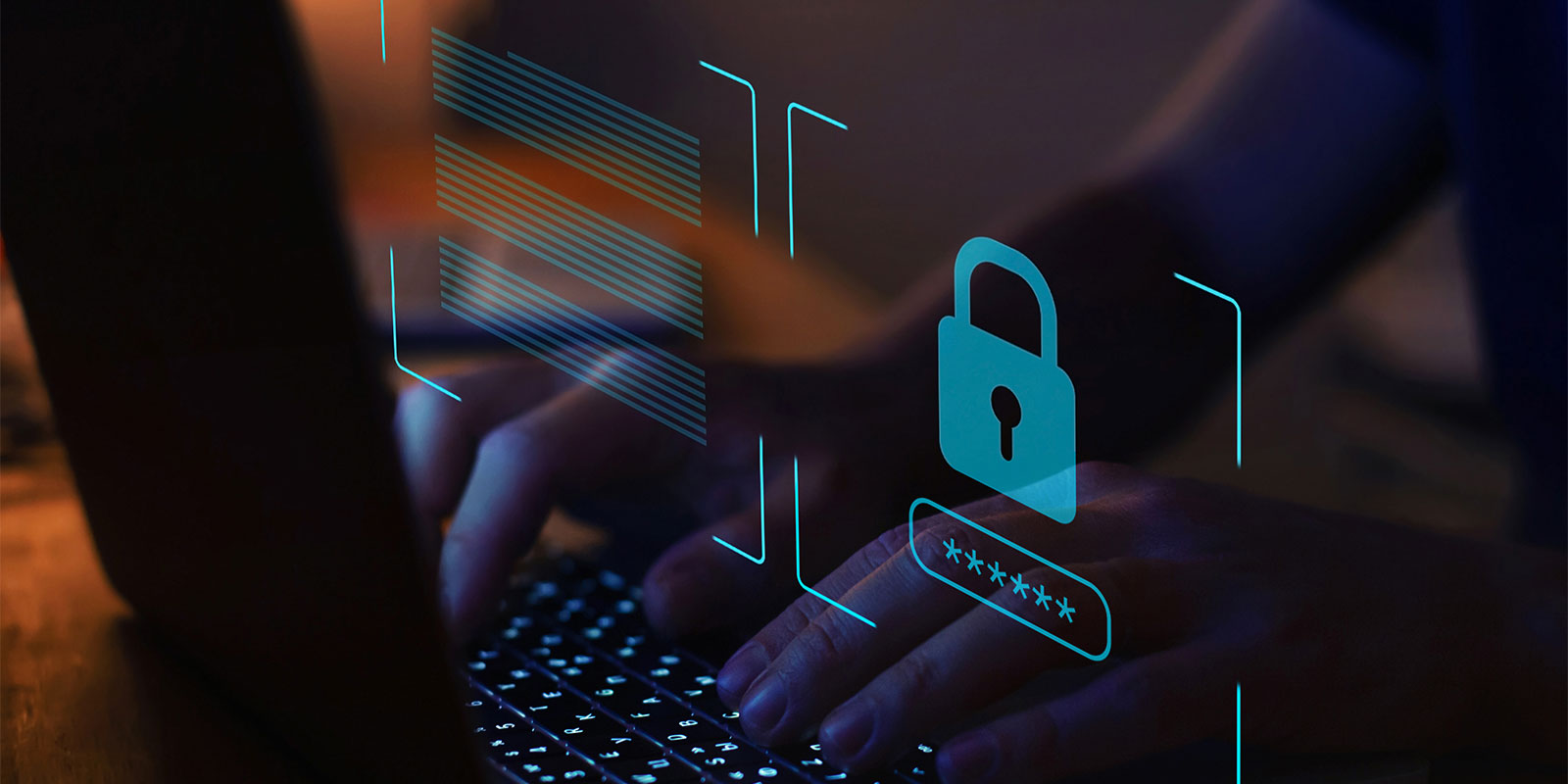Is your website secure against attacks or malware?

In today’s digital landscape, website security is crucial. Whether you run a personal blog or an e-commerce business, protecting your data and user information from potential threats and attacks is essential.
In this comprehensive blog post, we will explore ten essential tips for securing your WordPress website and hosting. We will focus on WordPress security and hosting security to ensure you have the necessary tools and knowledge to protect your website from attacks.
Before delving into the details, let’s first look at the overall importance of website security. Any security breach can have serious consequences, including data loss, reputation damage, and loss of user trust. Therefore, it’s important to understand how websites can become targets for attacks and threats.
WordPress Security
Choosing Secure Themes and Plugins
One of the first things to do to secure your WordPress website is to choose secure themes and plugins. Some themes and plugins may have vulnerabilities or poor coding, making your website more susceptible to attacks. When selecting a theme or plugin, investigate whether the developer follows good security practices and consistently updates their products. Also, choose themes and plugins that are popular and have positive reviews from users.
Regular Updates
Regularly updating WordPress, themes, and plugins is crucial for ensuring your website’s security. Updates often include critical security fixes that address known vulnerabilities. Make sure to update your CMS and all its components as soon as updates are available. Consider creating a backup before updating in case of unforeseen issues.
Strong Passwords
The most common password is still “123456” and “password.” Ensure you choose a stronger password! Using strong passwords is a simple but effective way to prevent unauthorized access to your WordPress website. Use a combination of uppercase and lowercase letters, numbers, and special characters in your passwords, and avoid common words or personal information. Two-factor authentication adds an extra layer of security by requiring additional authentication, such as through a mobile app or SMS code.
Security and Website Backup
No matter how well you protect your website, unforeseen problems such as data corruption or hacking can occur. Therefore, having reliable backup and restore solutions in place is crucial. Consider using a WordPress security plugin that allows you to automatically take regular backups of your website and provides an easy restoration option in case of an attack.
Hosting Security
Choosing a Secure Hosting Provider
Choosing a reliable and secure hosting provider is crucial for your website’s security. Research different hosting providers and choose one that prioritizes security and has a good track record. Also, select the right hosting plan that suits your needs and ensures secure connections and backup solutions.
Implementing SSL Certificates and Firewalls
An SSL certificate is crucial for securing safe data transfer between your website and users’ browsers. It encrypts communication and protects sensitive information like login credentials and payment data. In addition to an SSL certificate, you can implement a firewall that filters and blocks unauthorized access to your website.
Server Monitoring
Server monitoring is a vital part of hosting security. Monitoring helps identify and address any security issues before they become major problems. It’s a good idea to choose a hosting provider that offers DDoS protection to prevent distributed denial of service attacks that can take your website offline.
General Website Security
Securing User Access and Administrative Control
Ensuring user access and administrative control are secure is crucial to prevent unauthorized access to sensitive areas of your website. Users with administrative privileges should have strong passwords and be limited to necessary functions. Consider creating different user roles with limited access for various types of users.
Stay Informed
Even large companies like Google and Facebook have been hacked. No one is immune to security threats, so always stay vigilant.
Regular File and Database Backups
Regularly backing up files and databases is crucial to protect your data. If your website is compromised, you can restore it to a previously functioning state using your backups. Automate the backup process if possible and store backups on separate servers or cloud storage services for additional protection.
Malware Scanning
Malware scanning of your website is crucial to detect and remove potential threats.
There are many security plugins that can help protect your website from malware, spam, and other security threats. Install a reputable security plugin and configure it correctly to ensure a higher level of protection.
Monitor Suspicious Activity
Monitoring suspicious activity on your website can help identify early signs of a security breach or attack. Keep an eye on unauthorized login attempts, unusual traffic, or changes in files and settings. If you notice suspicious activity, react immediately by investigating the issue, removing malware, and taking necessary measures to strengthen your website’s security.
Protecting your WordPress website and hosting is crucial to maintain a secure and reliable online environment. By following the points in this post, you can enhance your website’s security and minimize the risk of security breaches. Always stay alert to the latest security trends and updates to keep your website safe and protected from potential threats.